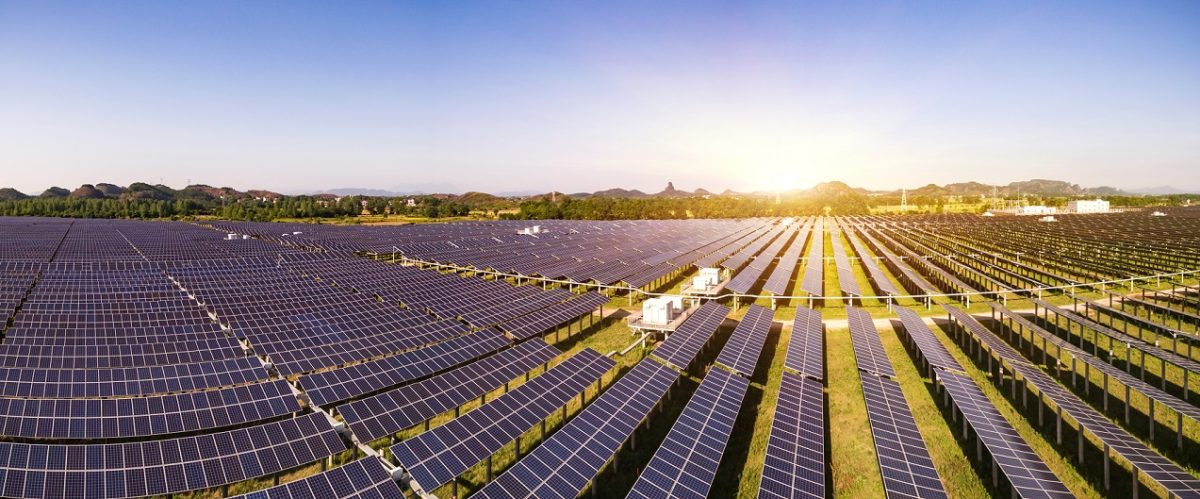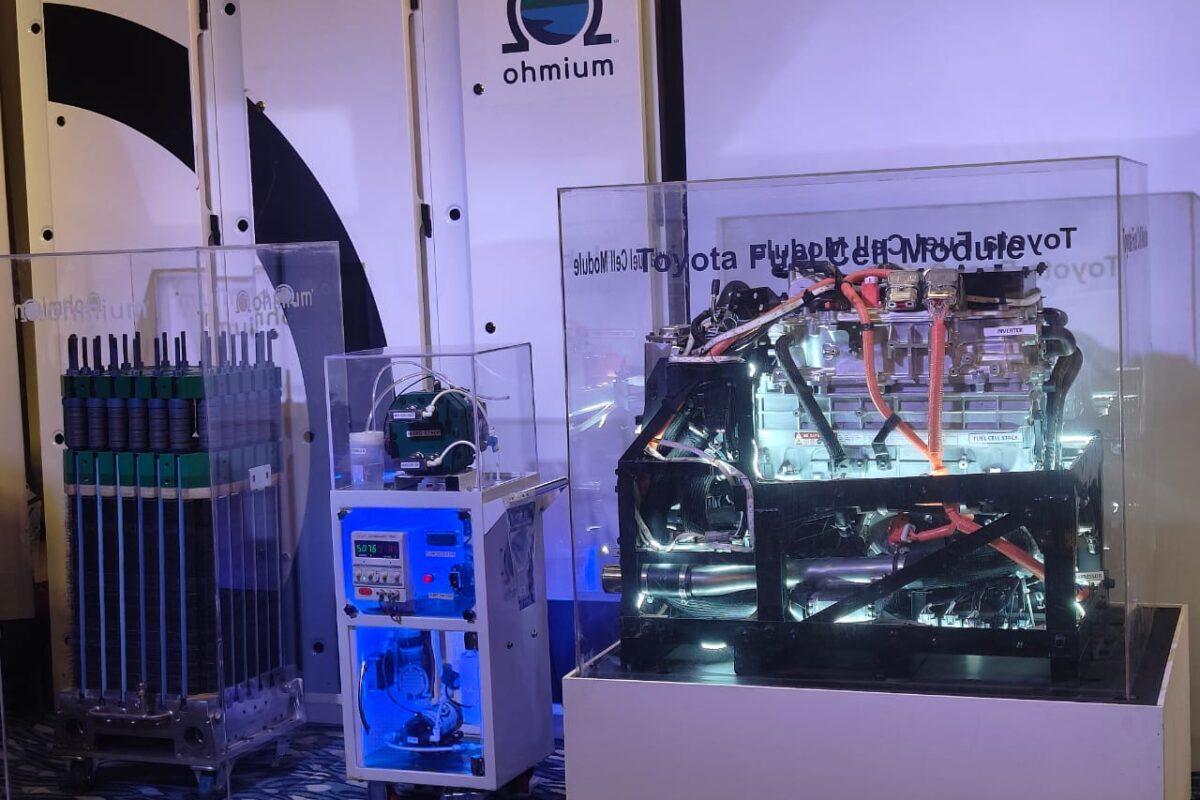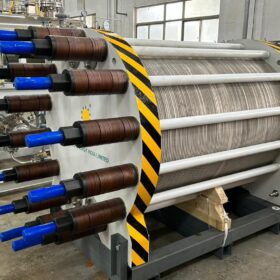In July, the India Solar Manufacturers Association (ISMA) filed a petition with Directorate General of Anti-Dumping & Allied Duty (DGAD), Ministry of Commerce and Industry, Government of India for investigating imports of solar cells and modules from China, Taiwan, and Malaysia.
The DGAD is required to submit the case to the Ministry of Finance within 12 months, with six months extension possible if needed. In addition to any introduction of anti-dumping duties (ADD), some industry experts feel that the DGAD may also decide to impose a provisional duty. Provisional duty is levied under critical circumstances in which there is clear evidence that imports have caused severe injury to the domestic industry.
However, according to Bridge to India, analyzing several other, non-solar anti-dumping cases in India, the anti-dumping and provisional duty decision took an average of 15 months and seven months respectively. Therefore, it is expected that a final decision on ADD and provisional duty on the import of PV cells and modules may come by October 2018 and February 2018 respectively.
The Indian government is under pressure regarding the poor state of domestic solar manufacturing despite its ‘Make in India’ initiative, and a ten-fold increase in solar module demand over the last three years. Hence, there is a growing sense that duties may be imposed imminently.
Impact on solar projects
According to Bridge to India, as of September 30, India’s total utility-scale solar pipeline stood at 10,842 MW. All of these projects could be impacted by the untimely introduction of provisional or ADD depending on when the decision is announced. Projects under the domestic content requirement (DCR) category should not be affected. However, it is expected that these projects would also face cost increases as local manufacturers would hike prices immediately in the event of any duty imposition.
The ADD will have an operational and financial impact on pipeline projects. The modules contribute to approximately 60% of the total solar project cost. At a current price of $0.36/W, a duty of 30% would increase project cost by 18%, or INR 895 million ($14 million) for a 100 MW project. As the negative impact of duties is significant – about a 3% fall in returns at a duty level of 30% – the petition is a substantial risk to the viability of all pipeline projects, where modules have not yet arrived on site.
More critically, if a duty exceeding 10% and no recourse is provided to the developers, pipeline projects face the risk of abandonment except where real capital has been already committed to the projects. This would be a grave scenario for the sector and all concerned stakeholders.
To avoid such losses, some developers are looking for change-in-law protection. Bridge to India analyzed that if a 30% duty is imposed, the tariff will need to go up by about INR 0.48/ kWh (17% more than present) to restore pre-duty financial returns of the solar project. The consultancy company believes that the probability of getting change-in-law compensation is minuscule, as such provisions in most PPAs are rather weak, and the DISCOMs would fiercely resist any costs being passed on.
The only optimistic scenario for the EPC sector is that projects auctioned before the date of the petition (July 2017) are exempted, or that the central or state governments compensate them for extra costs. However, Bridge to India said that there is only a 50% chance of that happening.
Moreover, any auctions conducted while a duty decision is pending also face an uncertain future. As of September 2017, there are 2,655 MW (2,087 MW in the open category and 568 MW in DCR category) of tenders, which have been announced and are awaiting auctions.
There are two broad range of possibilities for auctions held in the intervening period, both equally unappealing – first, developers continue to bid aggressively, in which case, the projects would be financially unviable if a duty is subsequently announced. The second, the developers exercise restraint, resulting in less competition and higher tariffs, in which case, the DISCOMs might retreat and refuse to sign PPAs – as has been seen in many tenders recently.
Impact on domestic sector
For domestic manufacturing, Bridge to India does not see any immediate positive impact coming from a duty imposition. Since FY 2016-17, 89% of solar modules used in India were imported from China and other countries, and India’s total operational solar cell and module manufacturing capacity was only 1.7 GW and 5.5 GW respectively. Against this, however, is poor utilization: actual production in 2016-17 was just 0.7 GW and 1.7 GW respectively.
Domestic manufacturers have been struggling because of their inability to compete on price with Chinese manufacturers. Most of them have sub-scale capacities, high-cost base and are entirely reliant on imported technology and raw materials. Therefore, the imposition of ADD or provisional duty exceeding 10% shall enable them to price at profitable levels and increase production.
But the critical issue for the sector is whether Indian or other manufacturers would be able to use the opportunity afforded by duties to make investments and create a thriving, competitive module manufacturing sector in India. There is vast gap regarding operational or technological capability between India and China, where the former is expanding globally to counter a threat from trade barriers. The country will still depend on imports in the coming years.
The module manufacturers should be able to circumvent duties, at least partly, by routing exports from manufacturing bases, in turn mitigating the negative and positive impact on Indian developers and manufacturers respectively. Bridge to India believes that trade barriers alone will fail to achieve their target to promote domestic manufacturing unless they are backed up by other policy reforms to improve the competitiveness of Indian manufacturing.
This content is protected by copyright and may not be reused. If you want to cooperate with us and would like to reuse some of our content, please contact: editors@pv-magazine.com.








By submitting this form you agree to pv magazine using your data for the purposes of publishing your comment.
Your personal data will only be disclosed or otherwise transmitted to third parties for the purposes of spam filtering or if this is necessary for technical maintenance of the website. Any other transfer to third parties will not take place unless this is justified on the basis of applicable data protection regulations or if pv magazine is legally obliged to do so.
You may revoke this consent at any time with effect for the future, in which case your personal data will be deleted immediately. Otherwise, your data will be deleted if pv magazine has processed your request or the purpose of data storage is fulfilled.
Further information on data privacy can be found in our Data Protection Policy.